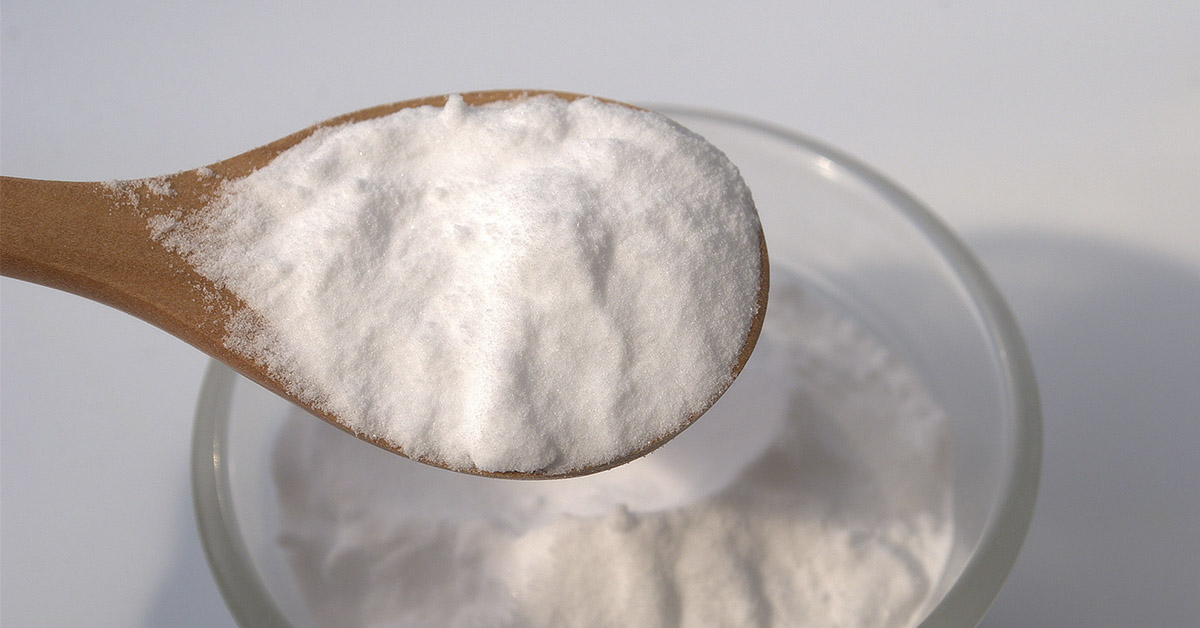Baking soda, or sodium bicarbonate, is a popular cooking agent available in kitchens across. It is renowned for adding a light, fluffy texture to baked goods like cookies or cakes. This is because it has leavening properties, which is inducing a chemical reaction in the dough, producing carbon dioxide, causing it to rise.
Baking soda has a plethora of applications beyond its culinary uses. This humble, common household ingredient boasts a wide array of health benefits. Baking soda has long been used as an at-home remedy for a variety of ailments. From providing temporary relief from indigestion to balancing your pH levels, here are 10 health benefits of baking soda you should know about.
1. Relieves Heartburn and Indigestion
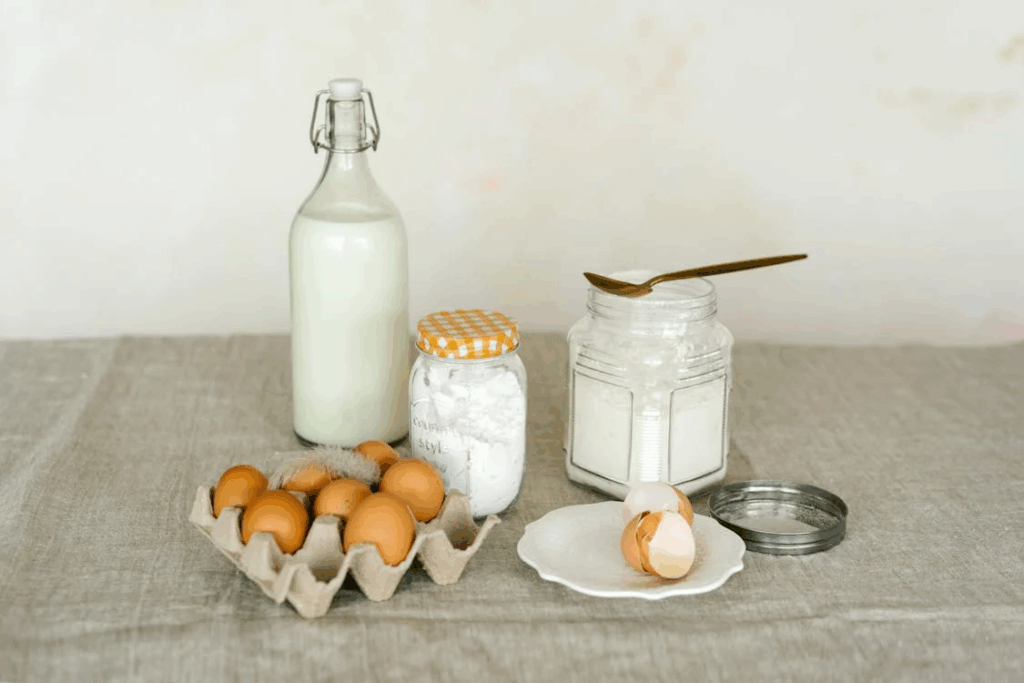
One of the most popular benefits of baking soda is its ability to neutralize stomach acid. Baking soda water is often referred to as alkaline water and has been a common staple in remedying stomach issues. It offers quick relief from heartburn and acid reflux. By dissolving a small amount in water and drinking it, you may aid in digestion.
The alkaline nature of the baking soda-water mixture counteracts and neutralizes excess acid in the gastrointestinal tract, helping to neutralize excess acidity. This, in turn, helps alleviate discomfort, reducing the burning sensation associated with reflux. However, moderation is key, as excessive use can cause unwanted side effects and disrupt the body’s natural digestive systems.
2. Soothes Canker Sores
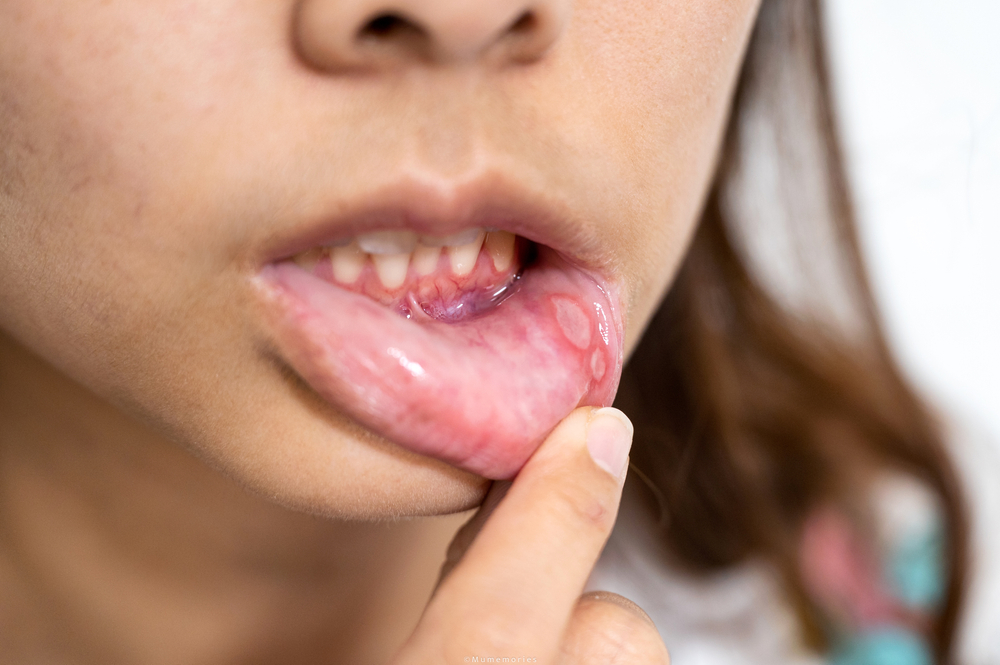
Canker sores are small, painful ulcers that develop inside the mouth. Baking soda’s mild alkalinity can help soothe painful canker sores inside the mouth. Its ability to neutralize acids helps calm the area around the ulcer, which can otherwise exacerbate pain.
This pH balancing also helps control the growth of bacteria that might worsen the sore or cause secondary infections. Rinsing with a baking soda solution may speed up healing and reduce discomfort. Simply mix half a teaspoon of baking soda with warm water and swish it around your mouth once daily until the sore heals.
3. Whitens Teeth and Improves Oral Health
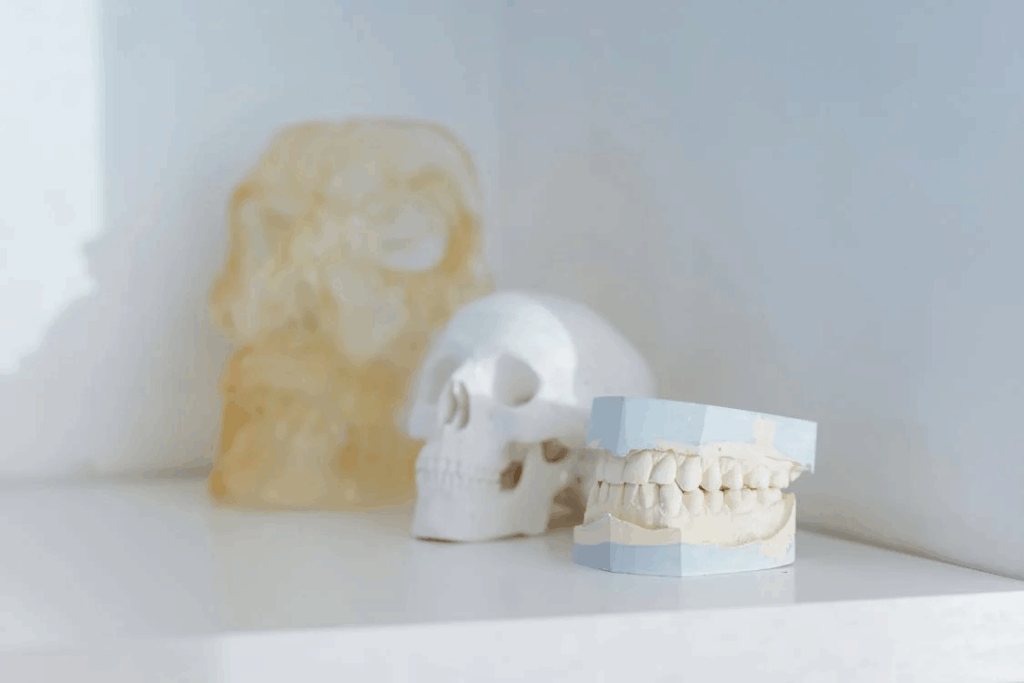
Many prominent toothpaste brands include baking soda for its gentle abrasive and antibacterial properties. Brushing with baking soda can help remove surface stains, whiten teeth, and freshen breath. By balancing the mouth’s pH, it reduces acidity, reducing the risk of plaque and gingivitis. This acid-neutralizing effect helps protect teeth from decay and supports healthier gums by creating an environment less favorable to harmful bacteria.
Mix equal parts baking soda and water, brush gently for 2 minutes, then rinse thoroughly for safe teeth whitening at home. Overuse or aggressive brushing should be avoided to prevent enamel damage since baking soda can be abrasive. Baking soda should not replace fluoride toothpaste, which strengthens teeth and prevents cavities.
4. Reduces Inflammation and Infection
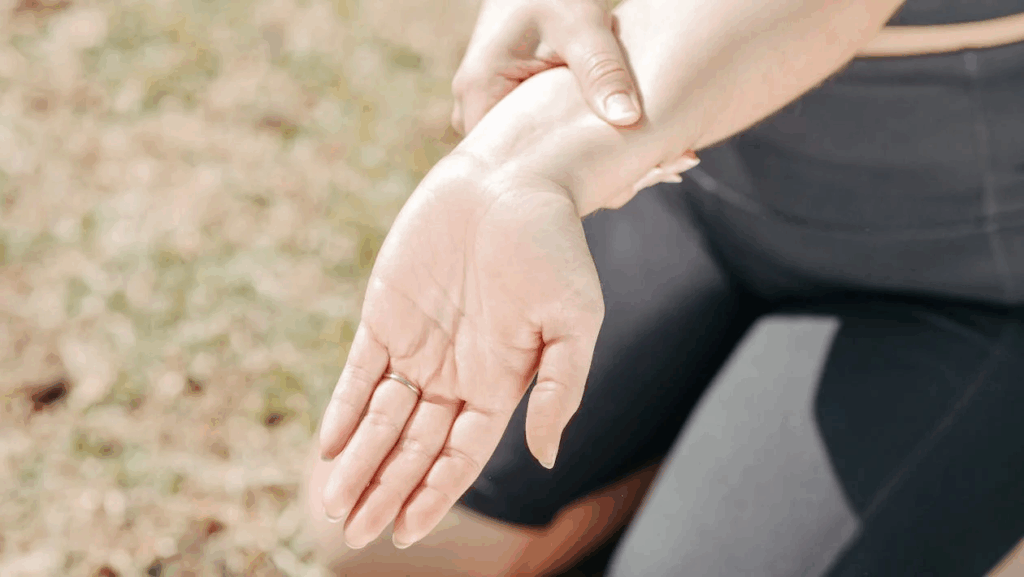
Some research demonstrates that baking soda may be beneficial for conditions like arthritis and gout. Drinking a baking soda tonic (baking soda mixed with water) may help lower inflammation in the body. Furthermore, regular consumption of baking soda tonic could help reduce inflammation caused by rheumatoid arthritis.
It can also help reduce acidity in urine, potentially easing urinary tract infections (UTIs). Its anti-inflammatory effects extend to soothing skin irritations when used as a bath soak or topical paste. However, caution should be exercised as consuming too much baking soda can lead to digestive conditions such as nausea, vomiting and diarrhea.
Read More: 34 Household Uses of Baking Soda That Can Replace Dozens of Other Products
5. Acts as a Natural Deodorizer
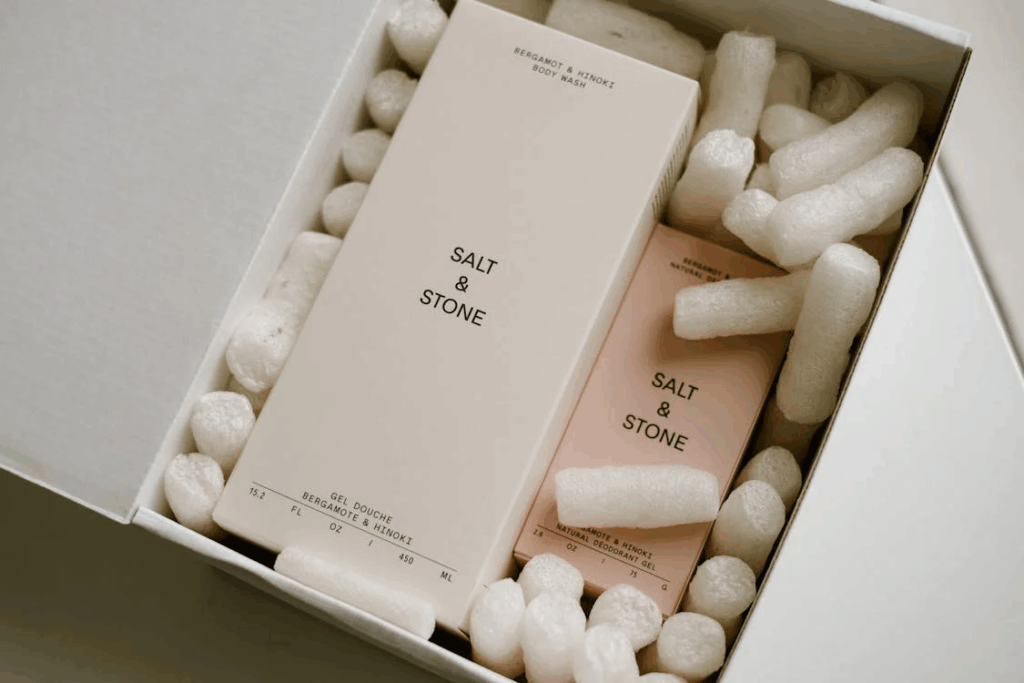
Baking soda could be used as a natural and great alternative to aluminum and parabens containing deodorants. Baking soda absorbs odors and neutralizes the acidic waste products that cause sweat to smell. You can pat baking soda directly onto your armpits or mix it with coconut oil, shea butter, or cornstarch to make a homemade deodorant. While baking soda is effective for many, some people may experience skin irritation due to its alkalinity. It’s best to do a patch test before regular use and adjust the amount accordingly.
6. Supports Kidney Health
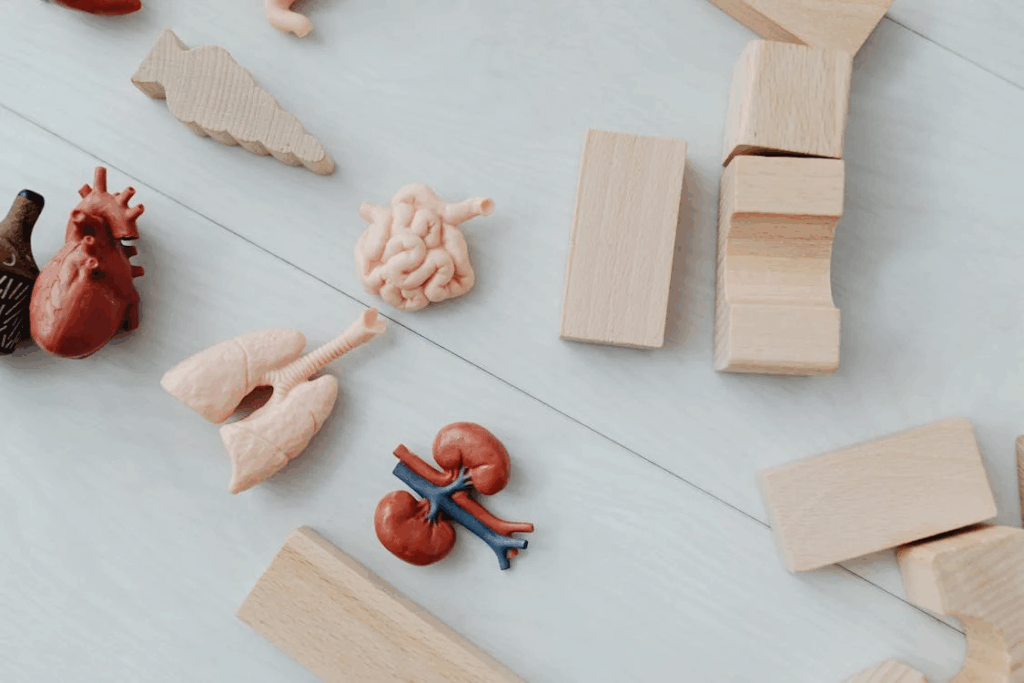
Although studies are still ongoing, some research suggests that baking soda may help slow the progression of chronic kidney disease (CKD). CKD is the gradual loss of kidney function. By counteracting excess acid in the blood, researchers showed that sodium bicarbonate could possibly reduce the strain on compromised kidneys. These findings reveal that baking soda could possibly help delay the onset of CKD. However, always consult a healthcare provider before starting any supplement regimen, especially if you suffer from kidney conditions.
7. Enhances Exercise Performance

Athletes have long used baking soda as a supplement to boost performance. Sodium bicarbonate helps buffer lactic acid buildup in muscles during high-intensity exercise, which can delay fatigue and improve endurance. Studies show that taking baking soda before intense workouts can enhance performance in activities like cycling, running, and swimming.
8. Alleviates Urinary Tract Infections

For individuals prone to urinary tract infections (UTIs), baking soda may provide some relief by alkalizing the urine. Its ability to neutralize excess acidity in urine can help reduce the burning sensation and discomfort often associated with UTIs. Additionally, by creating a less acidic environment, baking soda may help inhibit the growth of certain bacteria, supporting the body’s natural healing processes. Some studies report improved symptoms and urinary pH after consistent use.
9. Soothes Itchy Skin and Sunburns

A baking soda bath is a classic remedy for itchy, irritated skin caused by bug bites, sunburn, or conditions like psoriasis. Some research suggests that as a topical paste, baking soda is ineffective at relieving itchiness and redness. Instead, they suggest adding baking soda to a lukewarm bath. Adding 1 to 2 cups of baking soda to a lukewarm bath can help calm inflammation and promote healing.
10. May Aid in Cancer Treatment Support

Preliminary animal and test-tube studies suggest that baking soda may help make certain cancer treatments more effective by creating a less acidic environment around tumors. This may enhance the efficacy of chemotherapy drugs. While human research is still needed, these findings are promising and highlight the potential of baking soda as a supportive therapy.
How to Use Baking Soda Safely
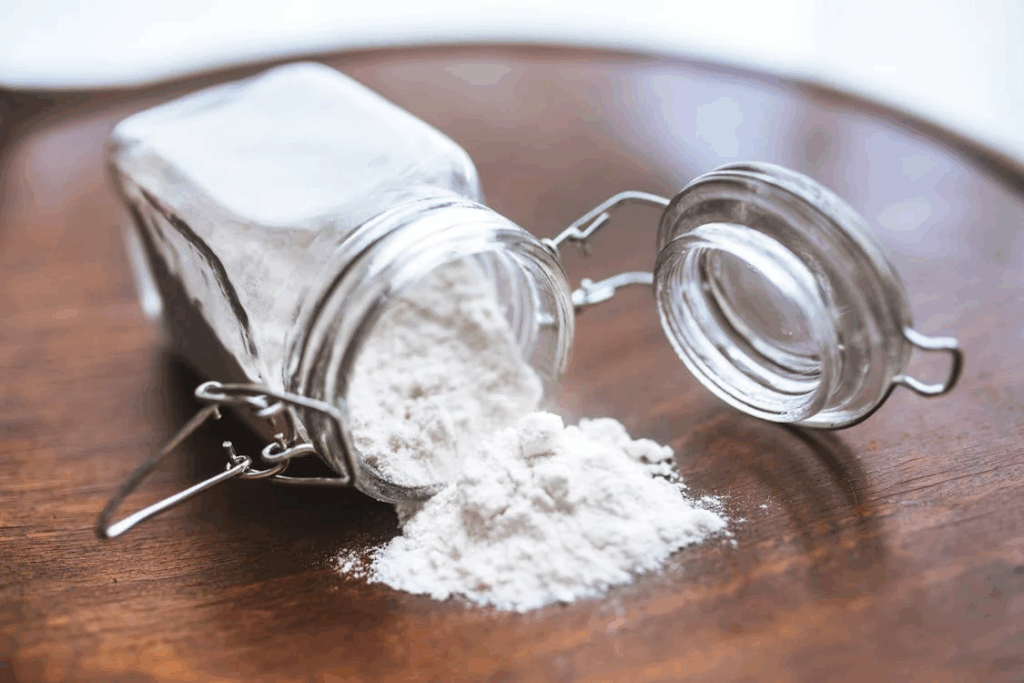
While baking soda does have many health benefits, it’s important to use it safely. Start with a small dose, typically 1/2 a teaspoon, dissolved in a glass of water. This is enough for most uses. Always consult your doctor before use, especially if you have underlying health conditions, take medications, or are pregnant.
Avoid overuse, as excessive intake can cause side effects like nausea, bloating, metabolic alkalosis, or even rare but serious complications such as gastric rupture. Baking soda is not recommended for children under six unless directed by a healthcare professional. Following these precautions helps prevent adverse effects and ensures safe, effective use.
Read More: Baking soda: A safe, easy treatment for auto immune diseases?
Disclaimer: This information is not intended to be a substitute for professional medical advice, diagnosis or treatment and is for information only. Always seek the advice of your physician or another qualified health provider with any questions about your medical condition and/or current medication. Do not disregard professional medical advice or delay seeking advice or treatment because of something you have read here.
